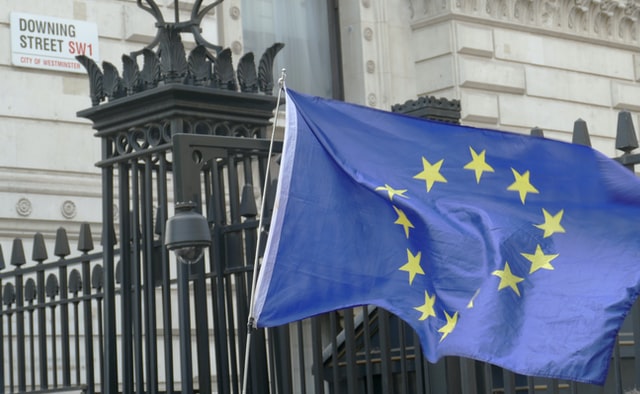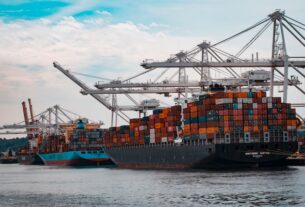Any additional delays to the introduction of post-Brexit border checks on imports will simply postpone the inevitable, and send mixed signals to businesses that have been urged for months to get ready for the additional formalities involved with moving goods across the UK’s borders, according to business group Logistics UK.

Responding to news that Boris Johnson is considering a further delay to the introduction of import checks on goods arriving from the EU, currently scheduled to be introduced in July 2022, Sarah Laouadi (the organisation’s Head of International Policy) is concerned that businesses will be unsettled by the ongoing uncertainty:
“Despite the ongoing pressures on supply chains caused by the war in Ukraine, Russian sanctions and the Covid-19 pandemic, logistics businesses need the certainty for planning which a deadline provides,” she says. “After three other false starts for the introduction of import controls from the EU, it is time for Government to make a clear commitment to a deadline and ensure the necessary facilities, staff and processes are in place and ready to cope with the volume and patterns of trade by that deadline. The longer the uncertainty continues, the more difficult it will be for government and UK traders to generate a sense of urgency to focus the minds of supply chain partners and officials in getting ready for new trading arrangements.
“If Government has sufficient evidence to conclude that sticking to the planned timetable would jeopardise the supply of key imports into the country, we urge Ministers to share the relevant data about bottlenecks and gaps in readiness and produce key actions to lift these obstacles. Logistics UK stands ready to commit its expertise and communication channels to help design a revised action plan and timetable that will not have to be shifted again.
“Another delay to the border checks will simply kick the issue down the road, with no clear idea on when the situation will be resolved. Businesses need stability, clarity and certainty which constant delays do not deliver.”
However, as Ms Laouadi concedes, there is still much work to be done, particularly regarding the movement of goods to and from Ireland:
“Much has been said about Northern Ireland Protocol and, clearly, there is still work to be done. Currently, no controls are imposed on goods entering GB from the Island of Ireland (NI and ROI) and while this situation has avoided issues for NI businesses sending goods across the Irish Sea, there is still no means of differentiating goods and providing proof of origin without stringent controls that would breach the government’s guarantee of unfettered access for NI business to the GB market. More work needs to be done on this, and quickly, to keep the smooth flow of goods moving.”
As Ms Laouadi concludes, UK businesses need the certainty that a deadline will provide, to ensure EU trading partners are ready to work with them:
“We need our EU traders to get ready for a post-Brexit trading relationship now, not at some undetermined date in the future. Logistics businesses stand ready to keep goods moving to and from the UK, but need certainty to maintain the ability of the nation’s businesses to trade effectively with the EU in the future.”


